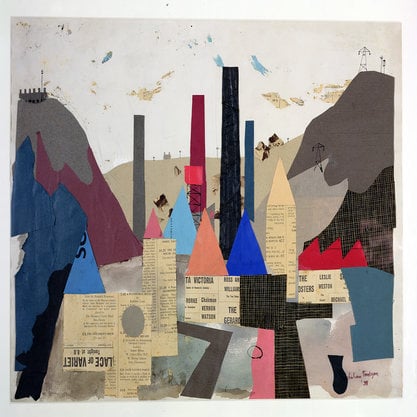Article
Sørensen, Villy (1929–2001) By Fauth, Søren R.
Article
Villy Sørensen was a prominent intellectual figure of 20th-century Denmark. His work spanned social commentary, philosophy, and literature. He was a sophisticated literary critic, author of tales based on Norse and Greek mythology, and an outstanding translator of Latin and German literature, particularly of modernist writers of the German-language tradition such as Franz Kafka and Hermann Broch. His fiction comprises only a small part of his oeuvre, the most notable being the early tales Sære historier (1953) and Ufarlige historier [Harmless Tales] (1955), and a later collection of short prose, Formynderfortællinger [Tutelary Tales] (1964). The remainder of his legacy consists of philosophical and cultural treatises, and literary criticisms such as Digtere og dæmoner (1959). In this latter work, Sørensen, who was especially oriented towards German letters, provides in-depth perspectives on such modernist writers as Franz Kafka, Hermann Broch, and Thomas Mann. To the philosophy of culture belongs Seneca—humanisten ved Neros hof [Seneca: The Humanist at the Court of Nero] (1976), in which Sørensen’s impressive scholarship and overview are displayed to the full. Moreover, his body of work includes a number of renderings, collections of lectures, speeches and essays, and newspaper commentaries.



